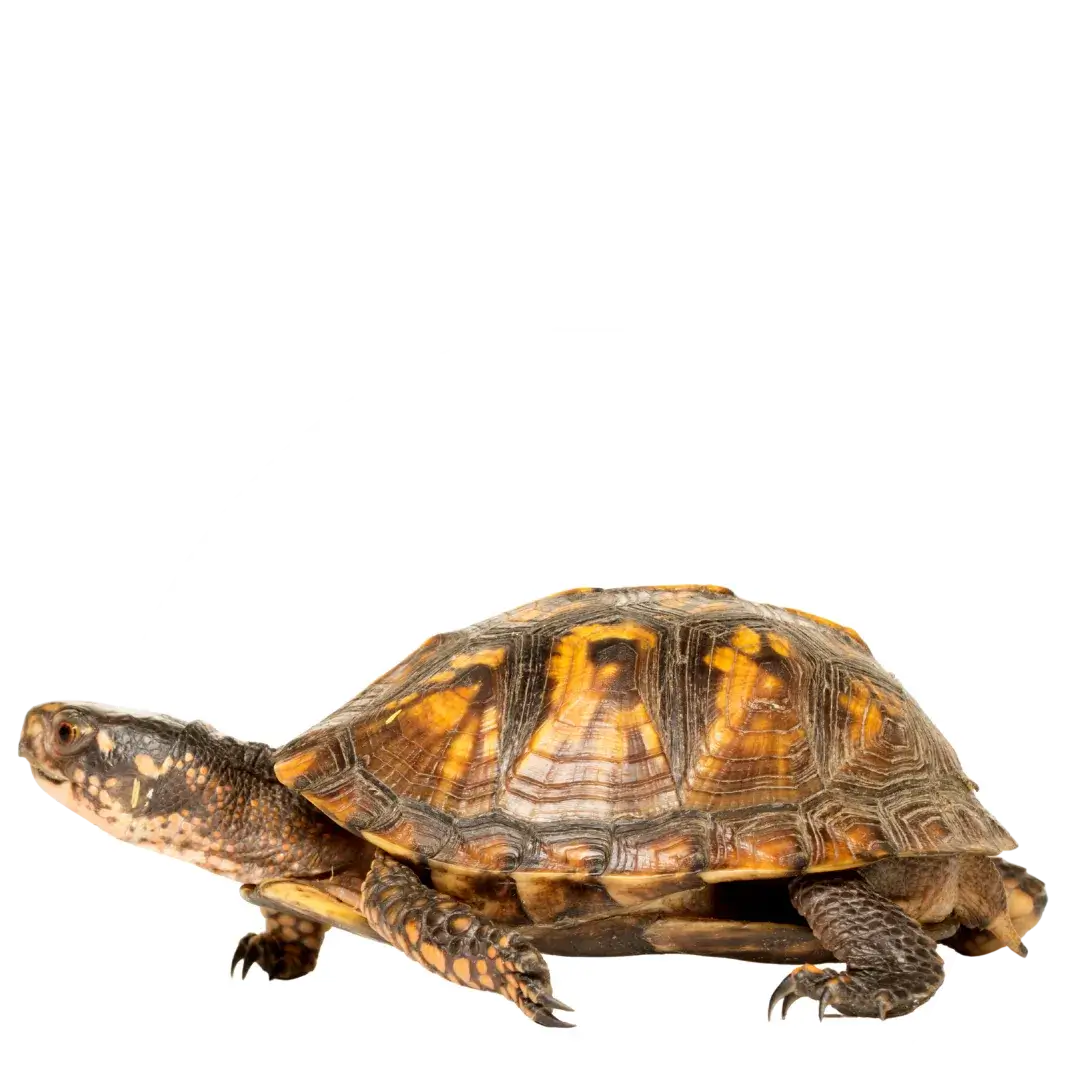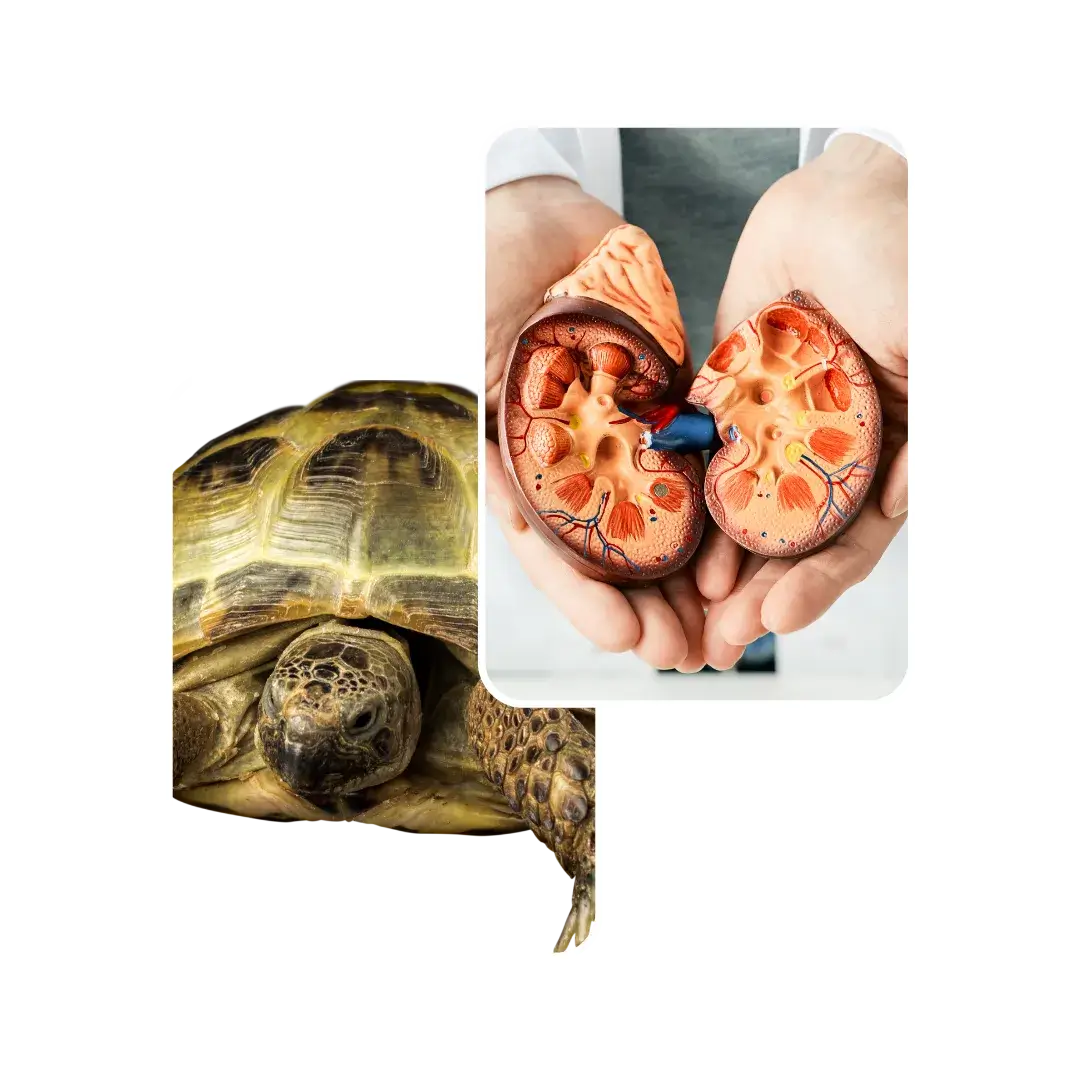

While possible, kidney stones are often large and spiky in turtles and quickly cause dangerous blockage. Waiting to see if it passes is a fatal gamble.
Yes. A diet too high in protein (meat, cat food, low-quality pellets) causes an overload of uric acid, the main component of these stones.
Turtle kidney stones are composed of uric acid, which cannot be reliably dissolved with current medications, making surgery the primary life-saving option.
Extremely so. Operating on a turtle involves cutting and repairing the shell. It is a highly specialized procedure that must only be done by an experienced reptile surgeon.
Hydration. Provide constant access to clean water and ensure proper water temperature. Permanently reduce high-protein foods in the diet.
Your pet deserves expert care – Subscribe now for trusted tips and updates from our pet experts.
